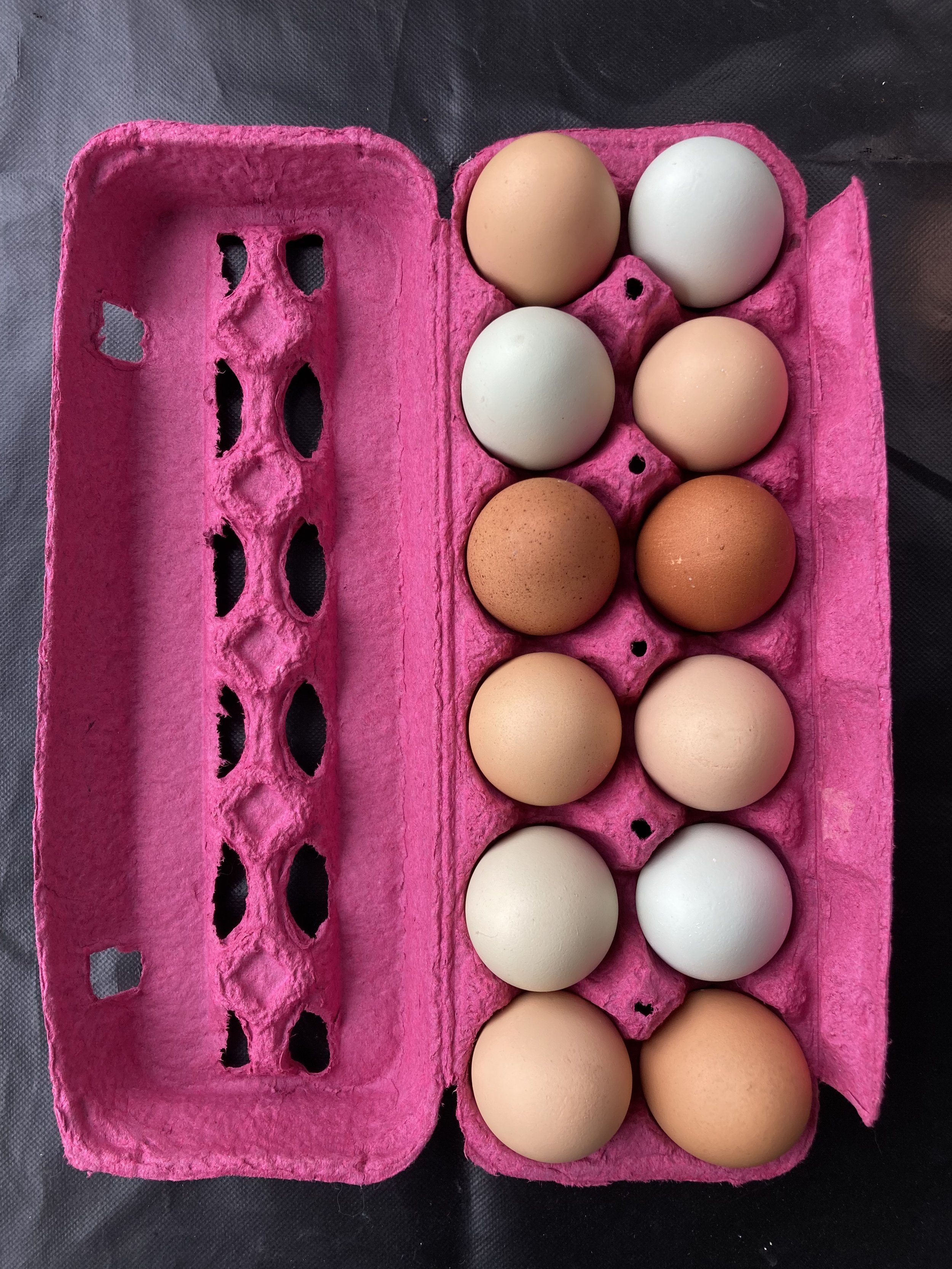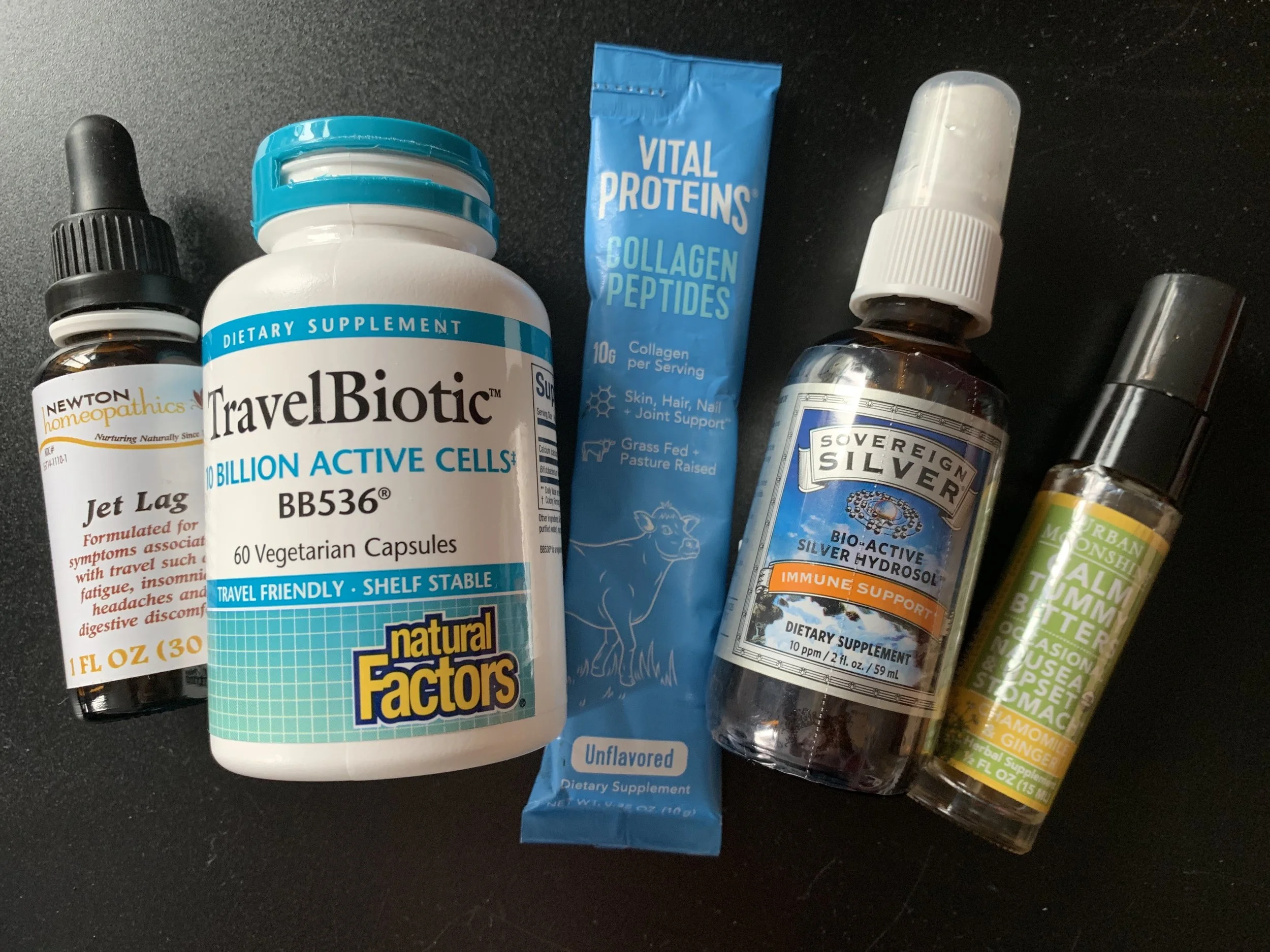Are Fats Good for Us?
Yes! But only the right kinds that your body needs. Growing up in the 1980s, the low-fat and non-fat diet fads were just beginning. My parents even switched to margarine, which wouldn’t even melt in the microwave (but let’s not get started on that!). This movement pushed many to cut healthy fats from their diets, and the food industry replaced them with cheaper, highly processed alternatives.
The Rise and Fall of Low-Fat Diets
The low-fat/no-fat approach first gained popularity in the 1950s, with health practitioners advocating for a diet high in refined carbohydrates instead. Over time, research revealed that this approach led to numerous health issues, including fatigue, mood disorders, nutrient deficiencies, and weight problems. As more evidence surfaced, it became clear that hydrogenated oils and fried foods are among the most unhealthy choices. Now, decades later, you may be seeing more discussions about trans fats and unsaturated fats in health news.
So let’s break down the types of fats and determine which ones are truly beneficial. Are you ready to incorporate more healthy fats into your diet? Start with this guacamole recipe!
Types of Fats
Most fats are a combination of different fatty acids. Understanding their differences can help you make better dietary choices and properly use them.
Saturated Fatty Acids (SFAs): Highly stable, resistant to rancidity, and solid or semi-solid at room temperature. Found mainly in animal products like meat, dairy, and eggs.
Monounsaturated Fatty Acids (MUFAs): Relatively stable and do not easily turn rancid. Liquid at room temperature but semi-solid when refrigerated. Found in foods like avocados, olives, and nuts.
Polyunsaturated Fatty Acids (PUFAs): Unstable at room temperature, prone to oxidation, and easily damaged by heat, light, and moisture. Found in sources like flaxseed, fish oils, and omega-6-rich seeds (pumpkin, sesame). When processed, these fats become oxidized, forming free radicals that can damage cells.
Why Your Body Needs Healthy Fats
Not all fats are bad! Fat is one of the three essential macronutrients (along with protein and carbohydrates) and serves as a primary, long-lasting energy source. A balance of healthy PUFAs, along with monounsaturated and saturated fats, provides a complete spectrum of fatty acids.
Healthy fats support:
Blood sugar regulation
Cholesterol balance
Liver and gallbladder function
Hormonal balance
Cell wall integrity
Production of anti-inflammatory prostaglandins (a potent substance that acts like a hormone and is found in many bodily tissues). Prostaglandins are produced in response to trauma and may affect blood pressure, metabolism, and smooth muscle activity.
Heart and muscle energy
Mineral absorption
Satiety (keeping you full)
The Problem with Processed Oils
The real issue with fats isn't the fat itself but how it’s processed. Hydrogenation is the food industry’s method of turning liquid oil into solid fat, extending shelf life but creating trans fats in the process. This involves chemical alterations, high-heat extraction, and bleaching, making the oil highly processed and harmful. For example, canola oil highly processed and often genetically modified, which has been shown to have negative health effects including damaging our gut lining.
Common Hydrogenated Vegetable Oils:
Canola oil (found in mayonnaise, salad dressings, pre-cooked foods, and cakes)
Soybean oil
Cottonseed oil
Safflower oil (when blended with other oils)
All vegetable oils are polyunsaturated, making them unstable. They oxidize easily and degrade with heat and light, meaning they should not be used for cooking or stored in clear bottles exposed to light.
Health Risks of Trans Fats
Trans fats offer no health benefits and have been linked to numerous problems, including:
Cancer: Higher trans fat levels increase breast cancer risk.
Heart Disease: Promotes plaque buildup in arteries.
Inflammation and Pain: Hydrogenated oils prevent the body from producing natural anti-inflammatory substances.
Cell Health: Weakens cells, making them more susceptible to infections.
Brain Function: Linked to ADD, depression, and fatigue.
How to Choose Healthier Oils
Many refined oils are used for their efficiency and cost-effectiveness but lack nutrients. Snack foods, pre-packaged meals, and restaurant dishes often contain these oils. To avoid them, read labels and steer clear of:
Hydrogenated or partially hydrogenated oils
Refined oils
Cold-processed oils (not to be confused with cold-pressed)
Instead, look for:
Extra virgin (minimal processing)
Organic
Cold-pressed (extracted without heat or chemicals)
Unrefined (retains natural nutrients)
Expeller-pressed (mechanically extracted without chemicals)
Unrefined oils retain beneficial compounds such as antioxidants, which help fight free radicals and prevent disease. Many cold-pressed oils are also rich in vitamin E, which has healing properties.
Best Oils and Fats for Cooking
Due to their molecular structure, saturated fats are the most stable for cooking, especially at high heat. Here’s a guide for using fats properly:
Best for Medium to High Heat Cooking:
Lard (pork fat)
Tallow (beef/lamb fat)
Ghee (clarified butter)
Duck, goose, or chicken fat
Unrefined/cold-pressed organic coconut oil
Best for Low-Temperature Cooking or Raw Use:
Avocado oil
Butter (preferably grass-fed and organic)
Macadamia nut oil (organic, expeller-pressed)
Olive oil (unfiltered is best)
Peanut oil (use in moderation)
Sesame oil (use in moderation)
Fats to Avoid Entirely:
Canola oil
Corn oil
Safflower oil
Cottonseed oil
Soybean oil
Vegetable shortening
All partially hydrogenated oils
(Most of these are derived from GMO seeds, contain high pesticide levels, and are extracted using toxic chemicals.)
Fats to Consume Raw (Refrigerated Storage Recommended):
Evening primrose oil
Almond oil
Grapeseed oil
Flaxseed oil
Hemp oil
Walnut oil
Pumpkin seed oil
Hazelnut oil
Make the Change at Home
One of the simplest ways to improve your health is by choosing better fats. Opt for oils and fats suitable for high heat, such as ghee, tallow, and coconut oil, while avoiding processed and refined vegetable oils.
By making informed choices, you can support your body's health, maintain energy levels, and reduce the risk of chronic diseases. Start today by being a label reader and selecting natural, nutrient-dense fats for your diet!
What are your favorite healthy fat sources? Share them in the comments!
Are you ready to incorporate more healthy fats into your diet? Start with this guacamole recipe!
Sources:
Nutritional Therapy Association Inc. “Fatty Acids Module”
Nourishing Traditions by Sally Fallon
Know Your Fats by Mary G. Enig
Safety Data for Hexane: www.http://msds.chem.ox.uk/HE/hexane.html
Fast Food Nation by Eric Schlosser
National Academy of Sciences- article “Dietary Reference Intakes for Energy”






















